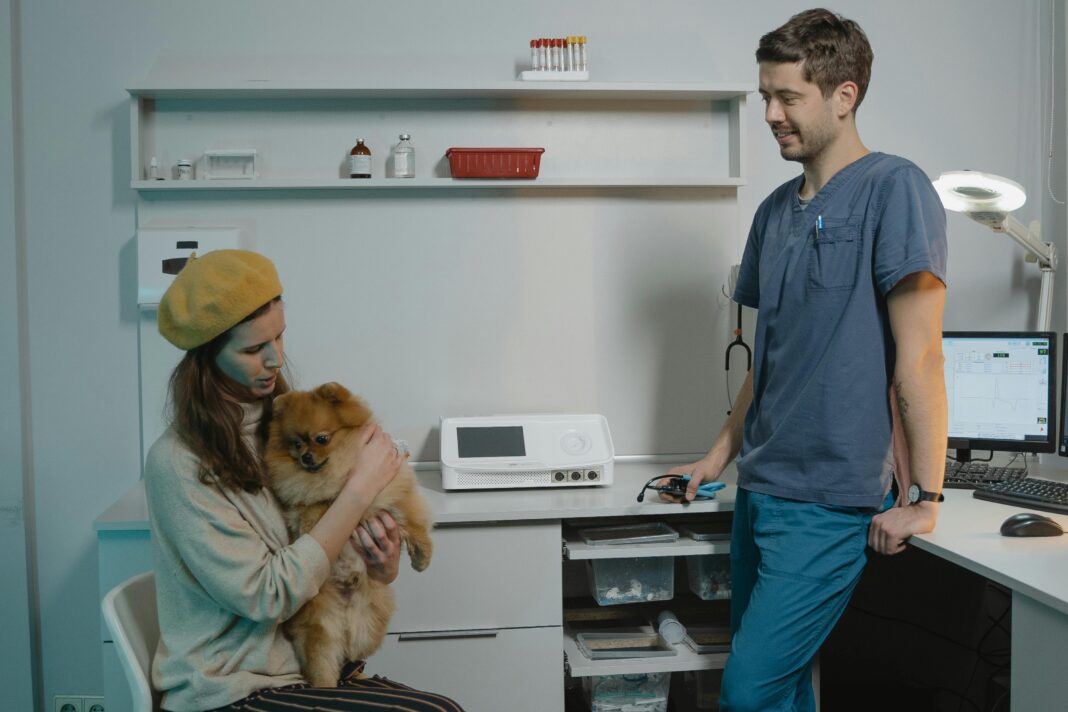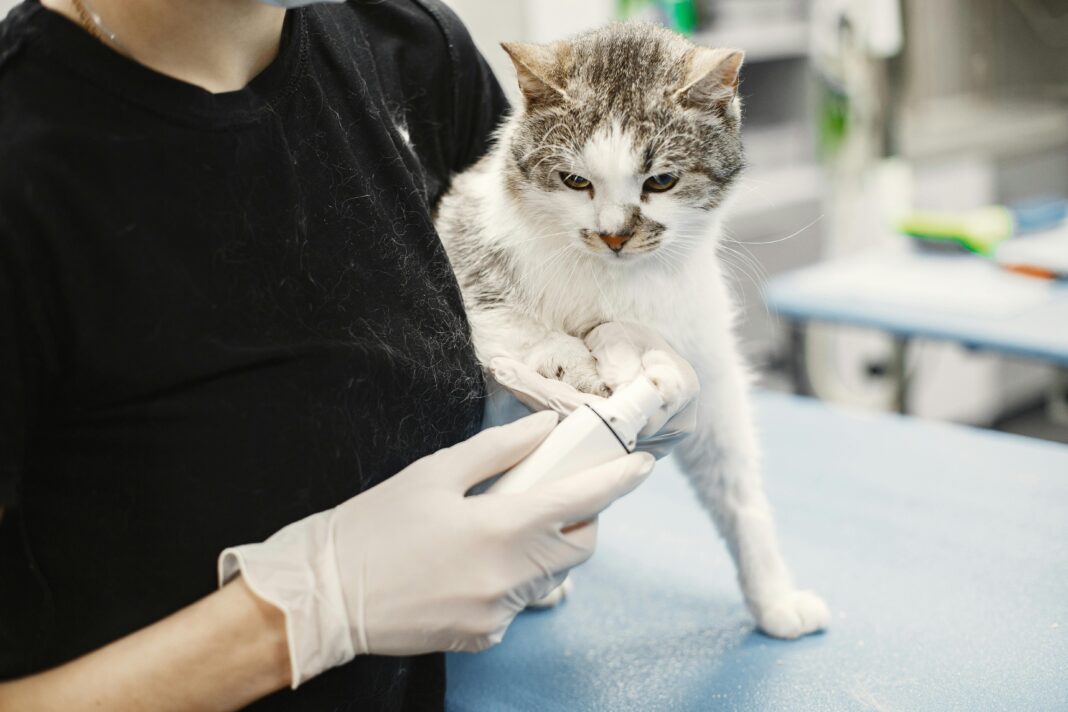Are you looking to make a difference in animal healthcare? Becoming a veterinary technician (vet tech) is an excellent way to combine your passion for animals with a rewarding career. This article explores essential vet tech skills that not only prepare you for the job but also enhance pet health care. Whether you’re just starting or looking to upgrade your skills, this checklist will guide you.
1. Understanding Animal Anatomy and Physiology
What You Need to Know
A solid grasp of animal anatomy and physiology is foundational. Vet techs should understand how different systems in animals work—like the circulatory, respiratory, and digestive systems. This knowledge aids in recognizing signs of distress, illness, or injury.
Practical Tips
-
- Study Resources: Utilize textbooks and online courses specializing in veterinary science.
-
- Hands-on Experience: Shadow experienced vet techs or veterinarians to apply your theoretical knowledge in real-world scenarios.
2. Mastering Clinical Skills
Key Clinical Procedures
Clinical skills are crucial for everyday tasks. These include performing physical examinations, administering medications, taking vital signs, and conducting diagnostic tests such as blood draws or urine analysis.
Examples
-
- Vital Sign Monitoring: Learn to measure heart rate, respiratory rate, and temperature to assess a pet’s health promptly.
-
- Sample Collection: Practice collecting blood or tissue samples under supervision to minimize stress for the animal.
3. Proficiency in Veterinary Equipment
Familiarity with Tools
Being proficient with various veterinary tools and technologies is a must. Vet techs often use equipment such as ultrasound machines, x-ray machines, and microscopes.
Practical Advice
-
- Hands-On Training: Participate in practical workshops to get acquainted with different instruments.
-
- Regular Updates: Keep abreast of new technology in animal healthcare to ensure you’re using the most effective tools.
4. Communication Skills
Importance of Effective Communication
Vet techs often serve as a bridge between pet owners and veterinarians. Clear communication is essential for explaining treatment plans, offering pet care advice, and assisting with anxiety management during visits.
Tips for Improvement
-
- Active Listening: Practice listening to pet owners’ concerns to address their questions effectively.
-
- Empathy Training: Engage in role-playing scenarios to develop your empathetic response, making pet owners feel understood.
5. Emergency Response Skills
Be Prepared for the Unexpected
In veterinary settings, emergencies can arise at any time. Understanding how to respond in crisis situations can save lives.
Skills to Focus On
-
- First Aid Knowledge: Learn basic first aid for pets, including CPR and how to handle common emergencies like choking.
-
- Quick Decision-Making: Simulate emergency scenarios to practice making quick, informed decisions.
6. Client Education Techniques
Role as an Educator
Vet techs often educate pet owners about health, nutrition, and preventative care. Understanding how to convey this information clearly ensures better care for pets.
Effective Strategies
-
- Create Informational Materials: Develop brochures or pamphlets on topics like vaccination schedules or flea prevention.
-
- Host Workshops: Organize community sessions to teach pet owners about common health issues and care practices.
7. Understanding Animal Behavior
Recognizing Body Language
Understanding animal behavior is critical when handling pets. Recognizing signs of fear, aggression, or discomfort can improve both the animal’s experience and the efficiency of care.
Practical Tips
-
- Behavior Observation: Spend time observing animals in various settings to learn their cues.
-
- Behavioral Training: Consider taking courses in animal behavior to deepen your understanding.
8. Record Keeping and Administration
Importance of Accurate Records
Maintaining accurate medical records for pets is a vital responsibility. These records track a pet’s health history, and treatment plans, and assist in follow-up care.
Organizational Tips
-
- Digital Record Keeping: Use practice management software to streamline document storage and retrieval.
-
- Regular Updates: Set reminders to keep records updated after each visit or procedure.
9. Teamwork and Collaboration
Working with Veterinary Teams
Collaboration with veterinarians, assistants, and receptionists is crucial. A cohesive team can improve the quality of care provided to pets.
Tips for Enhancing Team Dynamics
-
- Attend Team Meetings: Regularly participate in team meetings to share ideas and feedback.
-
- Encourage Team Building: Organize social events to foster relationships and improve communication.
10. Continuing Education and Professional Development
Lifelong Learning
Animal healthcare is an ever-evolving field. Committing to lifelong learning keeps your skills fresh and up to date.
How to Continue Learning
-
- Certifications: Consider pursuing specialized certifications like anesthesia or dental hygiene for vet techs.
-
- Conferences and Webinars: Attend industry conferences or webinars to network and learn from experts.
Final Thoughts
Focusing on these essential vet tech skills can significantly enhance your career in animal healthcare. Whether working directly with pets or supporting their owners, mastering these skills will prepare you to make a positive impact in the field. Stay curious, keep learning, and most importantly, nurture your love for animals.





